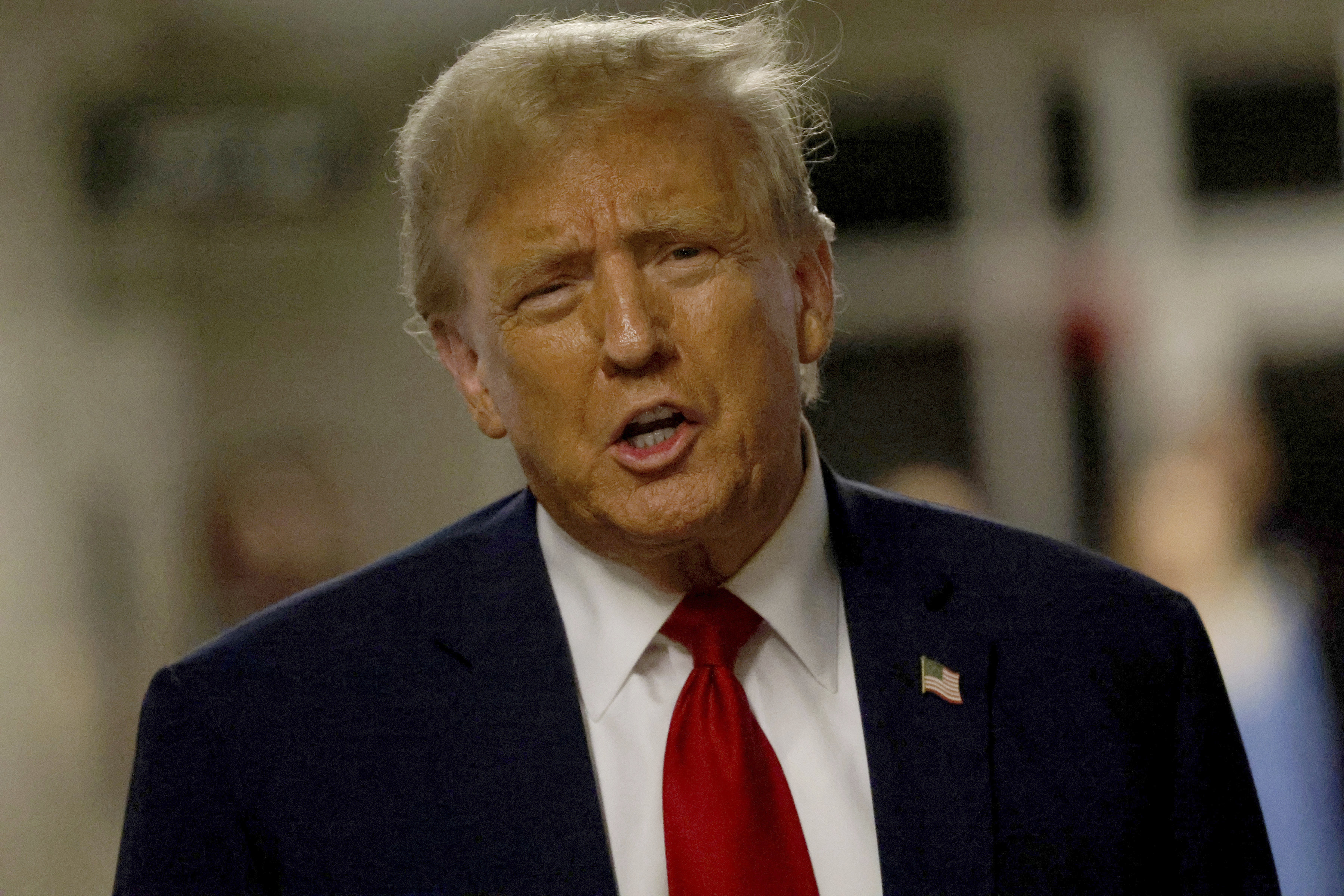When 92-year-old Dr. Fergie Reid was a young man growing up in Richmond, he resented the massive statues of Confederate leaders lining Monument Avenue. But Reid says black people knew better than to speak out.
"If you complained, they'd probably put you in jail," said Reid, who was Virginia's first black state lawmaker since Reconstruction.
Virginia has come a long way since then. Once the home of the capital of the Confederacy and the hub of the segregationist movement known as massive resistance, Virginia has been eager to reinvent itself as a more diverse, tolerant and welcoming place.
It's changed much like the rest of the country: more people living in cities and suburbs, more jobs working behind computers than laboring in the fields, and a growing portion of the population who moved here from somewhere else.
But difficult racial issues persist — visible in fights over illegal immigration policy in Northern Virginia or the unofficial segregation in some parts of the state that divides where people live based on the color of their skin. And how Virginia chooses to remember its past is still a highly combustible issue, as shown by the deadly violence that erupted at a white nationalist rally in Charlottesville last weekend over plans to remove a statue of Confederate Gen. Robert E. Lee.
Similar disputes over memorials to the Lost Cause have been playing out in other parts of the country over the past few years, but because of Virginia's deep ties to the Confederacy, the past is never very far from the surface here, and passions run high.
Much of the Civil War was fought in Virginia, and its history is embedded in much of the state's landscape, from the Battle of Bull Run to Appomattox. In Richmond, state lawmakers meet in the same Capitol where the Confederate government assembled, and a statue of Lee inside the building stands in the spot where the general took command of the Confederate military.
U.S. & World
And then there's Monument Avenue, lined with five soaring Confederate statues, including ones of Gens. Lee, Thomas "Stonewall" Jackson and J.E.B. Stuart and Confederate President Jefferson Davis.
"History is one of our most valuable resources. I think that's why you get a lot of passion around here," said Elliott Harding, a Charlottesville attorney who represents a group of people suing the city to keep the statue of Lee but emphasized he was speaking only for himself.
Well before the bloodshed in Charlottesville, the debate over the monuments was heating up and becoming more polarized.
Corey Stewart, President Donald Trump's former state campaign chairman, used his defense of Confederate statues to springboard to political prominence earlier this year in Virginia's Republican primary for governor. Long before Trump warned that those who want to dismantle Confederate statues may move on to monuments of George Washington and Thomas Jefferson, Stewart was making the same point and managed to elevate it into a major topic of discussion.
Stewart eventually lost — by a surprisingly tiny margin — but forced the eventual Republican nominee, Ed Gillespie, to come out forcefully in defense of Confederate monuments. (The Democratic candidate in the November race, Ralph Northam, has said he would work with local governments to take down such memorials.)
"To be honest with you, I really didn't think it was going to become the huge issue that it became," Stewart said. But he said people have an "instantaneous revulsion" to removing statues, and "that also makes it a great political issue."
As for the other side of the debate, in the span of two days since the violence in Charlottesville, Levar Stoney, the young black mayor of Richmond, went from saying his city's monuments should stay to saying they need to go.
"These monuments should be part of our dark past and not of our bright future," Stoney said on Twitter. "I personally believe they are offensive and need to be removed."
Stoney, whose fast-gentrifying city of about 220,000 people was majority black as of a few years ago but is now about 49 percent black, had originally tried to find common ground on the issue. He appointed a commission of historians, experts and community leaders in June to study either adding context to the statues or building new ones. Such context might include an explanation that many Confederate monuments were built decades after the Civil War, when Jim Crow laws were eroding the rights of black citizens.
"There's no way to get us to that final result — a full understanding of who we are, where we've been and where we will go — without telling the whole entire truth. The complete story of all sides. The good, the bad, the ugly," Stoney said as recently as Monday, before changing course.
Reid, the civil rights veteran, said he wants the statues gone as well. He added that he's proud of the progress Virginia has made since he was a boy — it was the first state to elect a black governor and was the only Southern state last year to vote for Hillary Clinton — but said he's concerned about the political climate promoted by Republicans like Trump and Stewart. He said Virginia and the country need an immediate course correction.
"Otherwise," he said, "there's going to be another civil war."
Associated Press writer Sarah Rankin contributed to this report.



